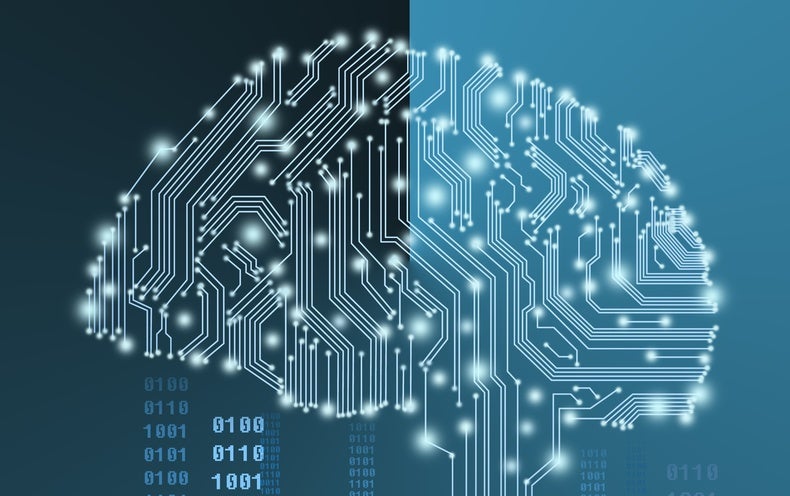 By Google Research -
2021-02-05
By Google Research -
2021-02-05
#CTO
 By CMSWire.com -
2021-03-16
By CMSWire.com -
2021-03-16
Not all data is valuable or actionable and discerning which is which can be hard. Learn to craft a successful data strategy that can help a brand learn to swim.
 By Gradient Flow -
2021-02-02
By Gradient Flow -
2021-02-02
Metadata will be the foundation for data governance solutions, data catalogs, and other enterprise data systems. By Assaf Araki and Ben Lorica. Introduction As companies embrace digital technologie…
 By Medium -
2021-03-22
By Medium -
2021-03-22
Google Data Studio is a tool I have been using more and more in the past few months. With the high usage, I have come to notice its advantages over other tools, its capabilities, but also its’…
 By Google Cloud Blog -
2021-03-12
By Google Cloud Blog -
2021-03-12
Among the best ways to prevent data loss are to modify, delete, or never collect the data in the first place.
 By Medium -
2021-03-07
By Medium -
2021-03-07
This is a tough metaphor for me to use as a proud cat parent, but the sentiment has never been more accurate when it comes to data in the 21st century. While it’s true that you can solve most of your…





